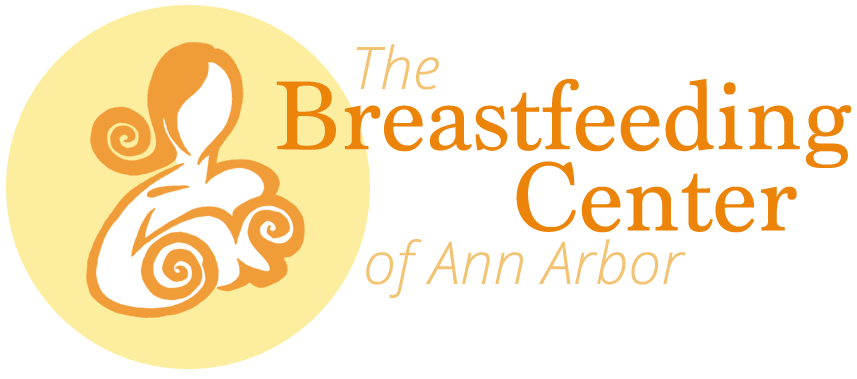I was called to be a teacher a long time ago. One summer day, I was with my sister Up North in a field near a place we visited every year. I was sharing some information about the wildflowers that I had learned. We were both having a great time. My much younger sister was feeling empowered and important. I was feeling like I was guiding her to a stronger place of knowledge and self-esteem. This was a turning point in my life. I knew right then and there that I wanted to be a teacher. And I would be good at it. I got that I wasn’t pouring knowledge into my sister’s head. It was much more than that. I was helping her grow as a person. Yes, I was hopefully adding to her knowledge base but more importantly I was helping her love learning, feel cared for, respected, and continue to develop her skills as a critical thinker. It was much more about her than me.
Before this moment, I had been studying theater for years and once I started teaching I noticed the similarities between teaching and acting. Teaching is a performance. Humor, drama, and timing are all important elements for a good teacher. Have you sat through a lecture where you thoughts you might die of boredom? The teacher had no spark. No apparent passion for what they were sharing. Didn’t care what the audience felt or thought. Bueller…? Bueller…? Remember that guy? Not a lot of learning is going to take place because there is a lack of engagement.
In order to integrate new information which expands a knowledge base or change a behavior, the learner has got to feel what has been discussed is important and has relevance to their lives. If the teacher is unaware or unconcerned about who they are teaching they may as well just go home. A teacher needs to be at least somewhat aware of who their audience is and what they care about. This applies to a large group or one person. The audience’s agenda is crucial for a positive experience to be had by both the teacher and the learner. Another piece to successful teaching is that humans can only absorb so much information at one time. What are the 3-5 really important ideas you want them to take home? If you are really clear with your intent the odds that the message you wanted to send is more likely to have been received.
Let’s get back to engagement. When I am teaching a group of professionals or working with a mother and baby, it is always my goals to gather as much information as possible about my audience. That way I am familiar with their knowledge base and can try to build upon it. To explore what someone already knows is not only helpful but acknowledges that they are the experts on their own lives, not me. I can only share information and help them explore their thoughts and feeling about any topic. People are naturally more engaged when you are talking about something THEY care about.
This leads to accurate information. What we “know” about things is changing as science revels new ideas. My “specialties” are teaching and breastfeeding. It is my obligation to read, listen, and watch those in my fields who know more about lactation and teaching. I have to be open to the new ideas. I have to try to integrate them into my teaching. Because of this I am always reflecting on my work. How can I make it better? Why do we say one thing but I see another in my clinical practice? This leads me to have new ideas about how I can help my clients and improve how I teach.
I strongly embrace informed decision making and critical thinking skills. This is the backbone of everything I am teaching. Reflection on ideas or concepts is where positive change can really happen. People have to buy into what you are presenting. They have to be engaged and think about what does this information mean to me? Could I do things differently to make my life better? Either for themselves or when working with others? I use a technique called Motivational Interviewing for my clients and while teaching, and I teach it to others to help their clients. It pushes people into a reflective state. They can focus on an issue and wonder how they could behave in different ways to have a different outcome. Often people will say, “Well now that I am thinking about it…” and come to a way of doing things differently. When you think of something yourself you are more likely to embrace the new idea.
The bottom line is that if we don’t feel cared for and respected by the person presenting we are not likely to take much positive anyway from our encounter. Teaching gives me the greatest joy when the learner and I are exploring ideas together with passion and reflection. Come learn with us at The Breastfeeding Center of Ann Arbor! We can have a really great time!
